Spotlight
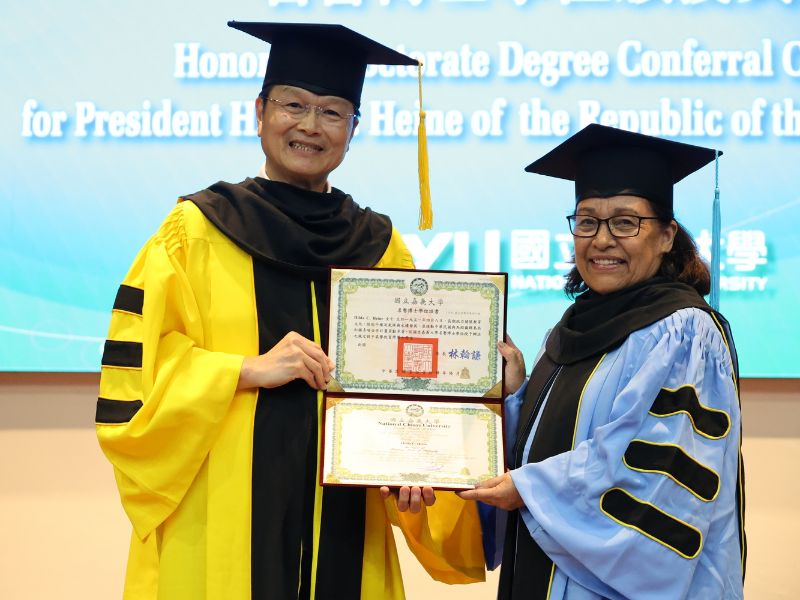
Marshall Islands President Hilda Heine Honored with NCYU Doctorate in Education
2025.06.17
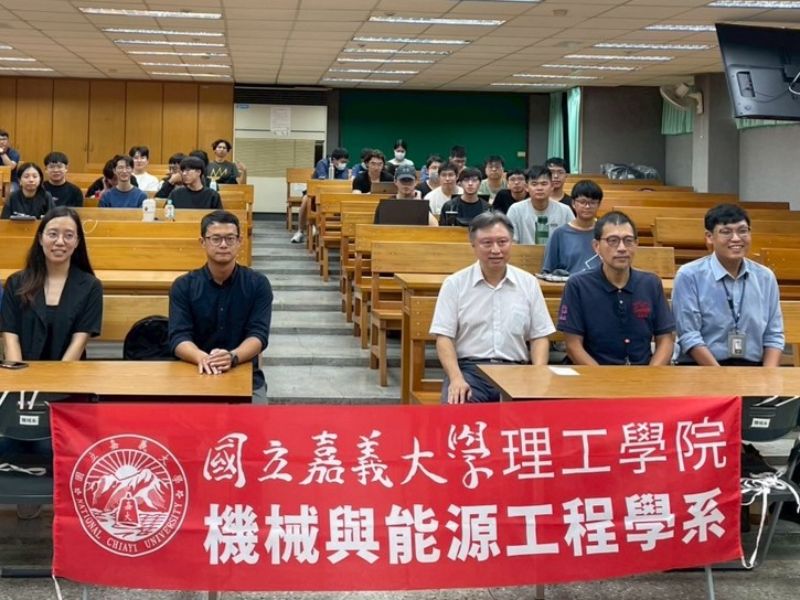
National Chiayi University Collaborates with Southern Taiwan Science Park Bureau and Academia-Industry Consortium to Host Industrial Development and Talent Recruitment Event, Strengthening Semiconductor Cluster Talent Cultivation in Chiayi
2025.06.12
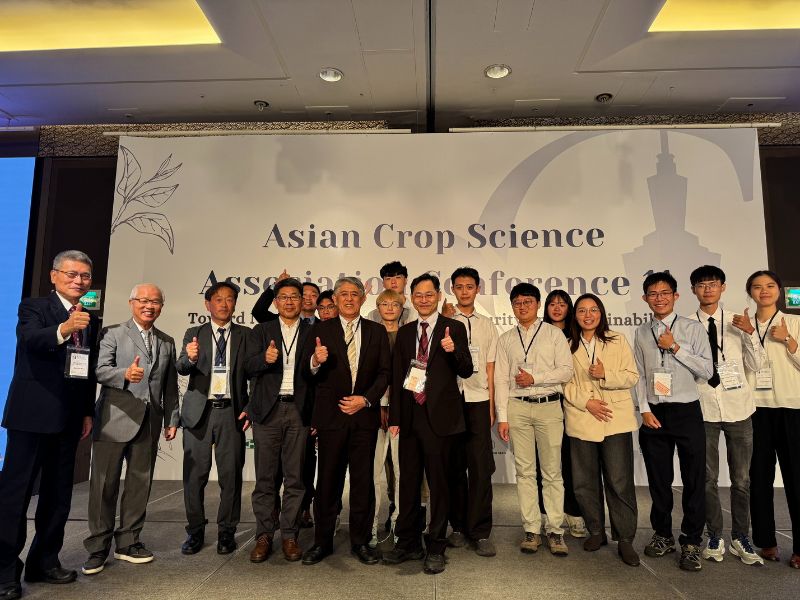
The 11th Asian Crop Science Association Conference Opens in Taipei: Experts from 21 Countries Unite to Build a New Vision for Asia-Pacific Food Security
2025.06.06
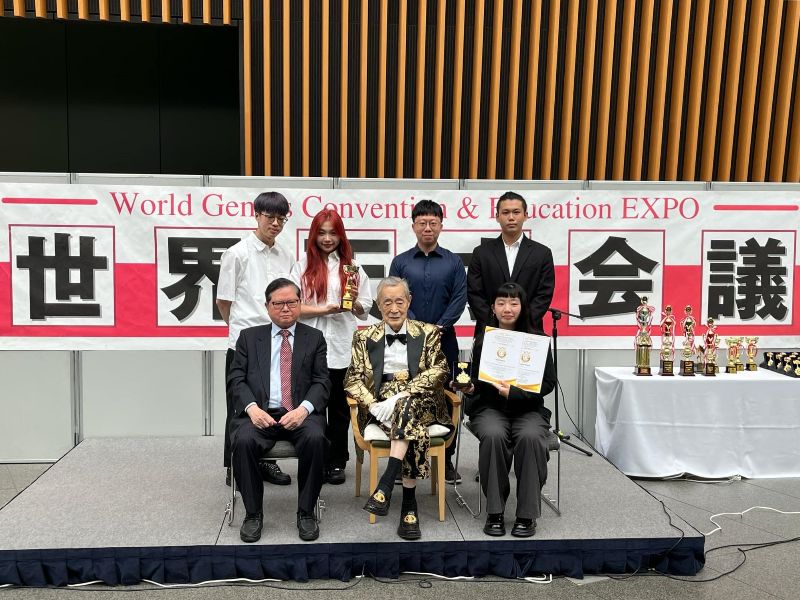
NCYU Herbal Green Extraction Technology Team Wins Gold and Special Awards at the 2025 World Genius Convention & Education Expo in Tokyo: Showcasing Taiwan’s Medicinal Plant Technology on the Global Stage
2025.06.06
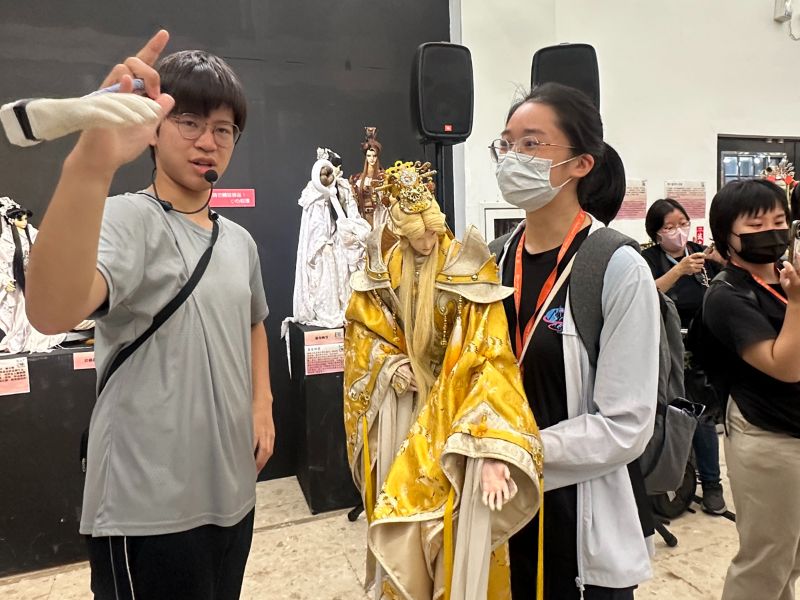
Traditional Arts Meet Digital Innovation: NCYU Micro-Credit Courses Unveil New Horizons in Cultural Practice
2025.05.28
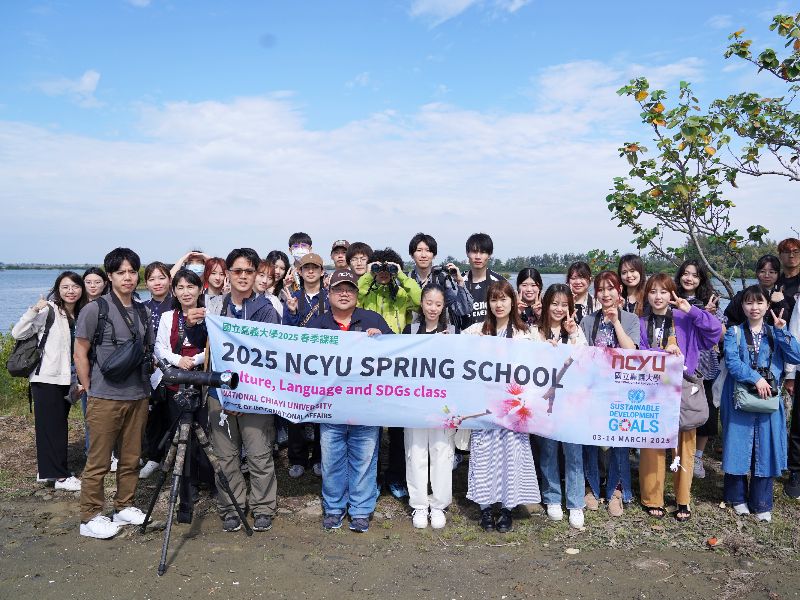
Taiwan-Japan Cultural Exchange: Students from Four Japanese Partner Universities Join NCYU 2025 Spring School
2025.04.18